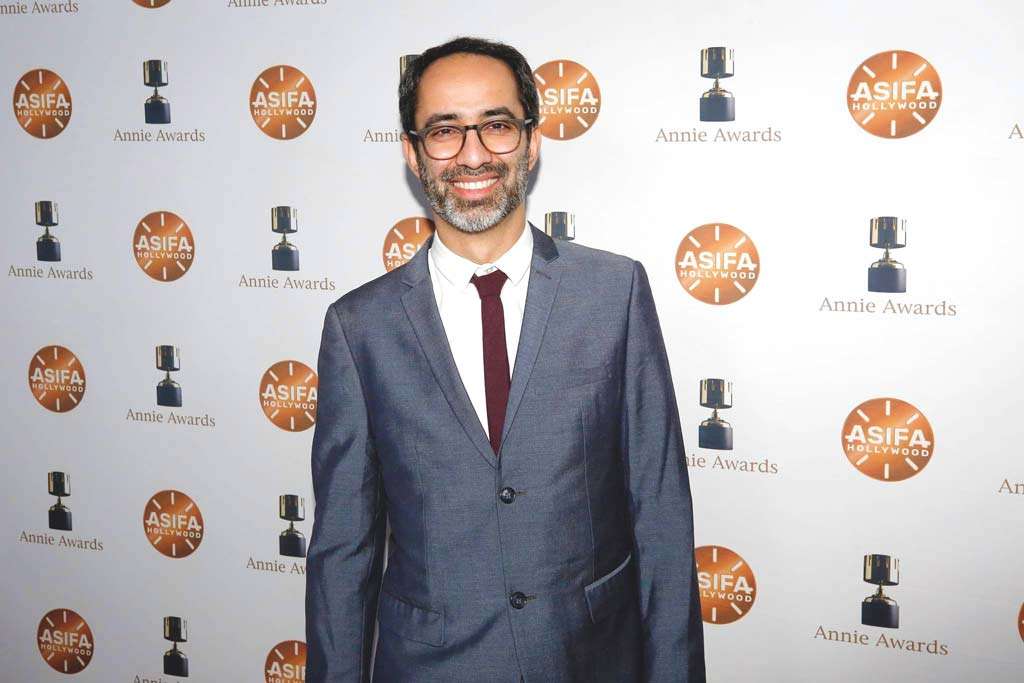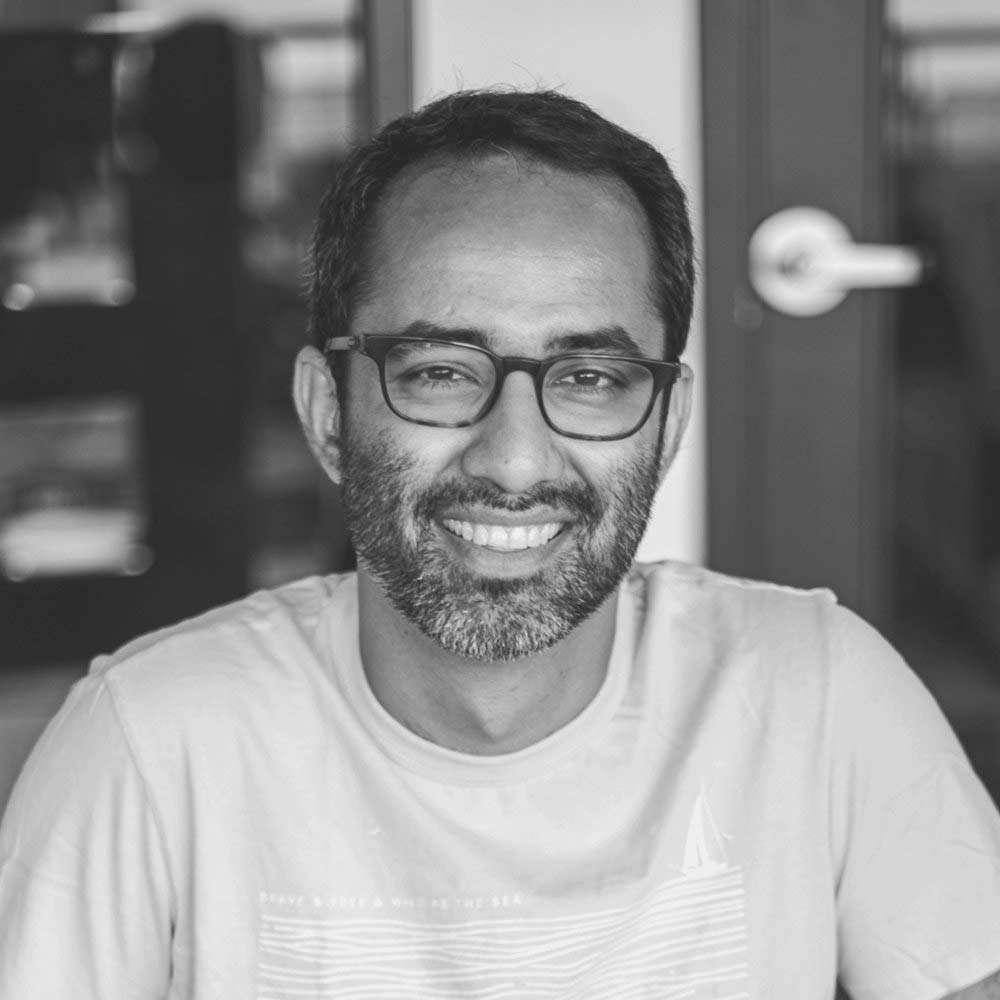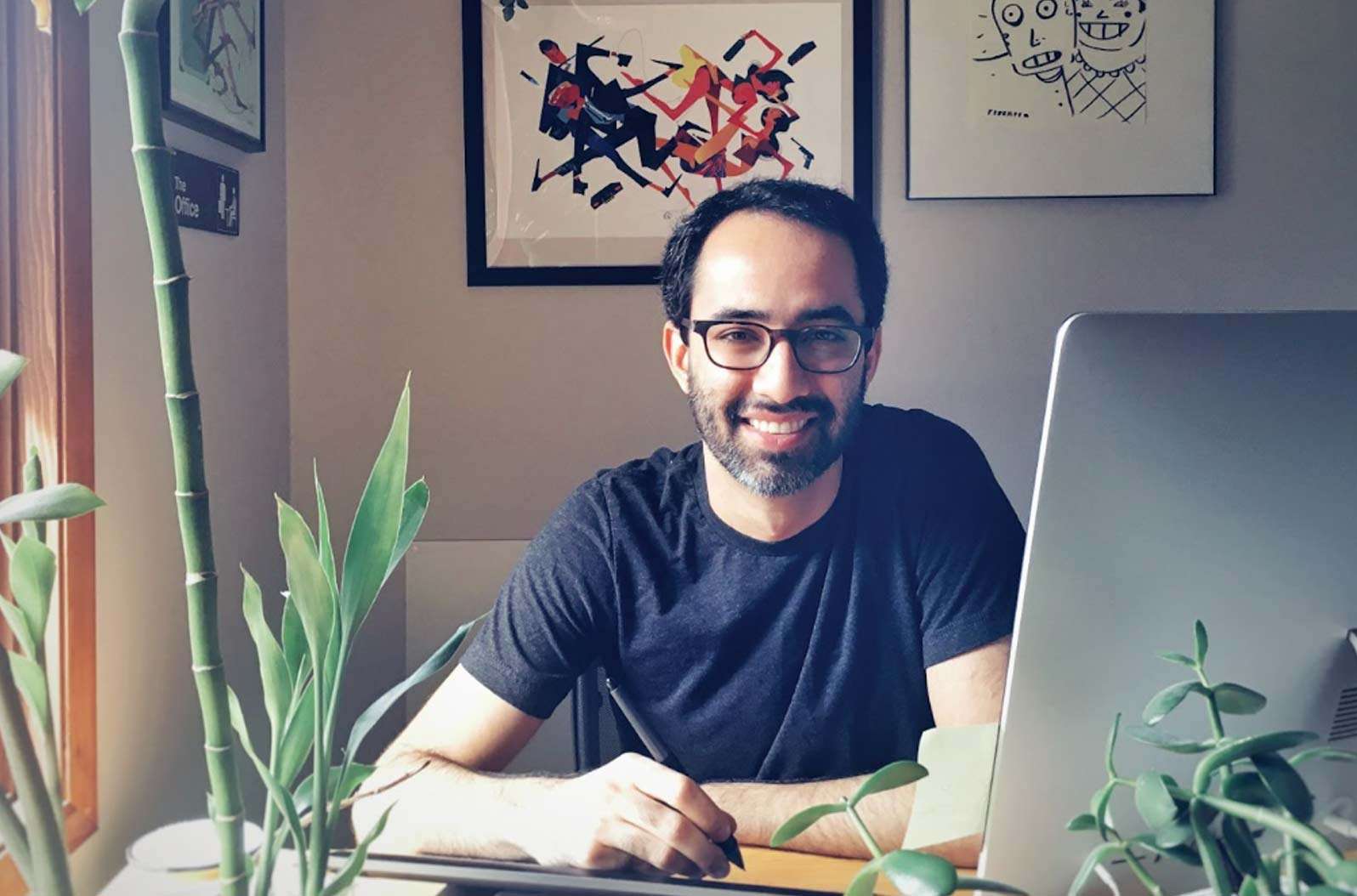Meet Our Director: Henrique Barone
From silly and weird loops to sentimental and profound music videos, Henrique Barone loves crossing the borders and the boundaries between illustration and animation and, while his work is bold, dynamic, and joyful, his understanding of acting and emotions can touch the heart on a subtle emotional level.
Born and raised in Brazil and currently living and parenting in Vancouver, Canada, Henrique is known not just for his extensive commercial work in the Animation and Motion Graphics industry for clients such as Google, Apple, Nickelodeon, and Hulu; and his work for Netflix’s StoryBots: Answer Time, to which he was nominated for Best Character Animation for TV at the Annie Awards, but also for his three short films: This Idea is Not Working (2011), Tough West (2011), and The Man Who Saw a Boat (2013).

What inspired you to get into animation, and how did you get started in the industry? + Can you speak to any particular challenges or opportunities that arise when working with animation as opposed to other media, such as live-action film?
I visited the Brazilian animation festival Anima Mundi and the amount and variety of techniques and types of stories was incredibly inspiring. Watching animation felt like we could detach ourselves from a certain reality, which actually can make us look back to our own reality with new eyes. And doing animation felt like being in a dream you could control. The endless possibilities and the opportunity to play with magical and unreal worlds was truly enlivening!
What do you think is the most important quality for a director to have, and how do you cultivate that quality in yourself? + How do you work with your team to bring your vision to life, and what strategies have you found to be most effective?
Listening more than speaking and trusting the team. There is no good directing without a good team. As much as the final say is the director’s, the more ideas on the table the better, and in doing so the director must become a vessel for ideas, and learn how to filter the ones that elevate what’s being envisioned.

How do you approach storytelling in your work, and what are some of the key elements that you think make a story successful? + Can you speak to any specific themes or motifs that you frequently explore in your work, and what draws you to those ideas?
Good stories are “greater than life” stories. People like to hear about changes, growth, learning, and experiencing new things. We can focus the story at the beginning of this process, in the middle, in the end or, we could tell the whole arc of this “journey”. However, losing track of this “big story” can lead us to dull, empty and lifeless plots.
And don’t get me wrong, I’m not painting a picture where the character must face big struggles and be all hero-like. A growth story can be, for instance, a very intimate and personal journey of someone learning to be more calm and kind, for instance.
What role do you see animation playing in contemporary culture, and how do you hope to contribute to that conversation with your work? + How do you see the animation industry evolving in the next 5-10 years, and how do you hope to contribute to that evolution with your own work?
I believe that for the next 5-10 years there will be two main fronts in Animation: one that is extremely A.I. focused, and one that will, to put in simple terms, oppose that and push for more humanity in everything related to Art. You can see that going back to the basics mentality in big titles like Sony’s Spiderverse, for example. Eventually, these two fronts will blend in, and hopefully become something that takes technology into account while considering the human component of any Art to be its most important and unique component. On these two fronts, I’m definitely the one going back to the basics.
How do you balance the desire to create something new and innovative with the need to appeal to a wider audience?
I actually don’t think these are two separate things. The most universal stories are the most intimate ones as well. Good stories are about our humanity, never intrinsically about a new and innovative approach. We are all humans after all. A director can use any kind of fassade, set-up, genre, theme; but good stories are always about relationships, struggles, connection, emotions, love, and people.
How do you keep yourself inspired and motivated creatively? + How do you balance the demands of a commercial project with your own artistic integrity and vision? + How do you stay connected to your own creative impulses and maintain your passion for your work, even in the face of external pressures or setbacks?
As much as I can, I try to draw from life and, whenever possible, limit the hours of sitting in front of the computer. It’s amazing what fresh eyes after a coffee break or a walk around the block can do to your brain and your creativity. With the years of experience, it becomes a little faster to spot and feel the “creative wall”; and so it also gets easier to be honest to yourself and say “I’m hitting a wall here, I better take five before it all snowballs on bad creative decisions.”
Being vulnerable and bringing a new set of eyes to your work is also helpful; and that ties well with the idea of trusting your team.
What experiences or events in your life have had the greatest influence on your artistic vision and approach to storytelling?
I grew up speaking Portuguese in Brazil. In my teenage years, I had the chance to learn German and spend a very immersive and formative year as an exchange student in Germany. As a young adult, I decided to move to Canada, living and becoming a dad in an English speaking country.
For some reason, languages have always followed me (or I followed them) and they lay pretty close to my heart. However, it wasn’t until my daughter’s teacher almost got me in tears by saying that “learning a new language is becoming a new person” that I connected the dots and could see all the persons I’ve been becoming over the years; and how much this “becoming” shaped my work and my life.
I love the seasons and the cycles; the renewals, rebirths, the returns to one selves. I love the “re-evolutions”. As the Brazilian singer would sing: “I’d rather be this walking metamorphosis than having that old formed opinion about everything.”
What advice would you give to someone who is just starting out as an animation director, based on your own experiences and lessons learned?
Trust the process, trust the people and trust yourself.

